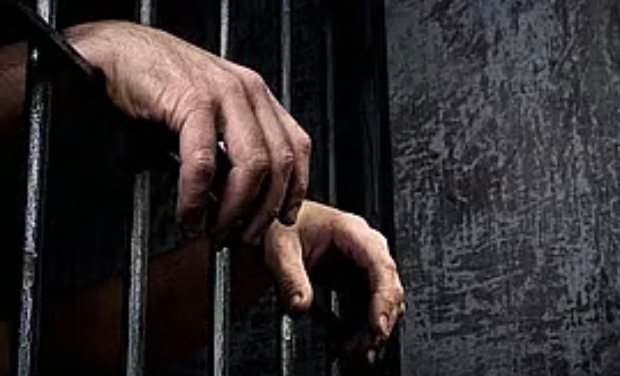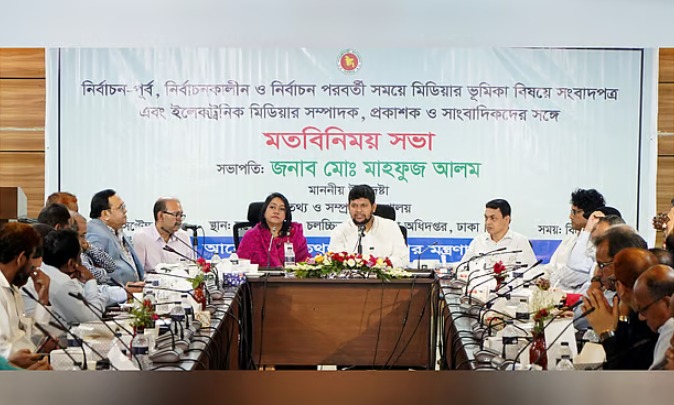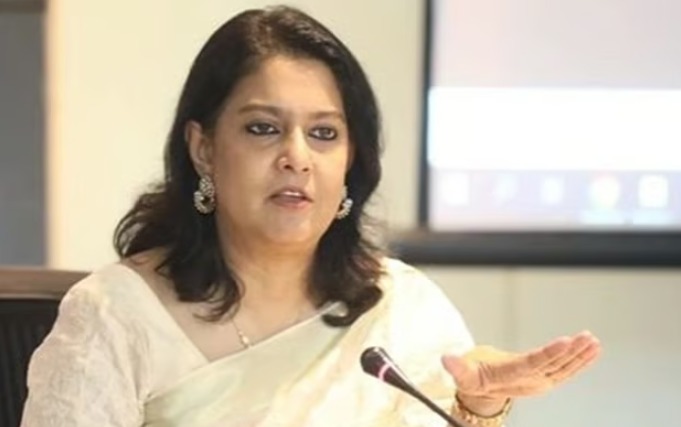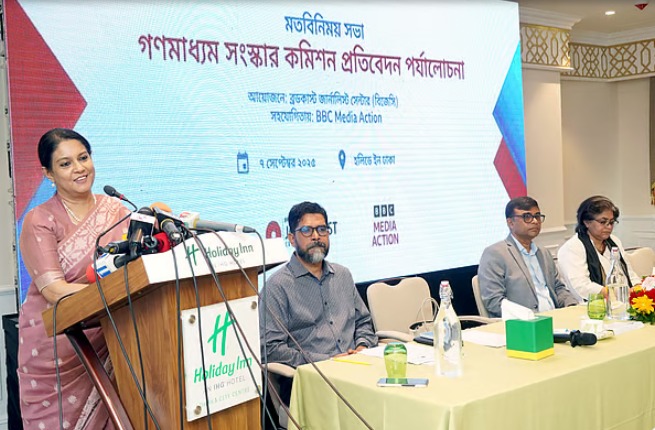Desk Report,
There are now 77,000 prisoners in prisons, more than one and a half times the capacity.
The country’s prisons now have more than one and a half times the capacity. There are 42,887 prisoners in 70 prisons across the country, including Dhaka; now there are 77,291. That is, the prisons have about 34,500 more prisoners than their capacity.
There are now 77,000 prisoners in prisons, more than one and a half times the capacity.
Prisons Department officials say that the number of prisoners in prisons has increased due to the arrest of accused in various criminal cases, including cases filed in connection with the July mass uprising.
Prisons Department sources said that until the day before the fall of the Awami League government in the mass uprising (August 4 last year), there were 88,000 prisoners in prisons across the country. After the fall of the government, the number of prisoners decreased to 49,000 on August 12. Then, on October 21, the number of prisoners in prisons across the country increased to 55,826. The number of prisoners has increased to 77,291 as of July 28. At least 350 prisoners arrested after the July uprising are over 70 years old. They are in various prisons. In addition, 2,500 women arrested in various cases are in prison at the same time. There are more than 200 children with their mothers in various prisons. Several officials of the law enforcement forces and the Prisons Department told Prothom Alo that the law enforcement forces carried out massive arrests at that time on the orders of the government to suppress the student movement against discrimination. This led to an increase in the number of prisoners in the prisons. After the fall of the Awami League government, the police system collapsed. At that time, there were very few lawyers in the courts. When the prisoners applied on their behalf, they were granted bail. This reduced the number of prisoners. Later, the law and order situation improved. Along with the joint forces’ operations, the police also launched operations. The accused in the cases filed in connection with the casualties in the uprising started being arrested. The accused in other criminal cases were also arrested. This led to an increase in the number of prisoners.
According to the Prisons Department, on July 28, there were 8,536 prisoners in Dhaka Central Jail, 1,457 in Kashimpur Central Jail-1 in Gazipur, 3,642 in Kashimpur Central Jail-2, 2,440 in Kashimpur High Security Central Jail, 5,404 in Chittagong Central Jail, 2,686 in Rajshahi Central Jail, 2,249 in Mymensingh Central Jail and 1,410 in Khulna District Jail. According to the Police Headquarters and Prisons Department, a total of 114 politicians, including 32 former ministers and state ministers and 47 members of parliament, have been arrested in cases filed in connection with the casualties in the mass uprising. In addition, 62 policemen, 28 bureaucrats, seven journalists and three businessmen, including senior police officers, have been arrested. They are detained in various prisons. Among them, 153 have been given divisions.
Apart from this, it is not known exactly how many people have been arrested across the country so far in the July mass uprising cases. However, sources at the Police Headquarters said that 3,531 cases have been filed against former Prime Minister Sheikh Hasina, her family members, former ministers and state ministers, members of parliament, former mayors and Awami League leaders and activists.
The women’s prison set up in the Dhaka Central Jail in Rajendrapur, Keraniganj, near Dhaka, has been launched as a ‘special prison’. This prison with a capacity of 270 prisoners was launched on June 21. VIP prisoners who have been given divisions but pose a security risk will be kept here.
The police headquarters’ calculations show that 28,400 people were arrested in raids across the country in April this year, 45,277 in May and 42,383 in June. They were arrested in various criminal cases in addition to the mass uprising case. Apart from the police operation, some people have also been arrested in the joint forces operation. However, many of these arrested people have been released on bail.
Additional Inspector General (Crime and Operations) of the Police Headquarters, Khondaker Rafiqul Islam, told Prothom Alo on July 6 that many have been arrested in the cases filed in the mass uprising casualties. The arrest drive will continue until the cases are settled.
350 people over 70 in prison, including women and children
At least 350 prisoners arrested after the July mass uprising are over 70 years old. They are in various prisons. In addition, 2,500 women are in prison after being arrested in various cases at the same time. There are more than 200 children with their mothers in various prisons.
Former MP from Thakurgaon-2 constituency (part of Baliadangi, Haripur and Ranishankail upazilas) Dabirul Islam, in his seventies, is in Dinajpur District Jail in a land grabbing and extortion case. On September 3, Thakurgaon businessman and BNP leader Habibul Islam filed a case against him on charges of demanding Tk 10 crore extortion, land grabbing and death threats. Later, the police arrested the former MP on October 2.
Dinajpur District Jail Superintendent Md. Matiar Rahman told Prothom Alo on July 5 that Dabirul Islam is ill. He is around 80 years old. He has to move around in a wheelchair. He has breathing problems. Earlier, he was brought to Bangladesh Medical University for treatment. Before coming to jail, he underwent surgery on his right knee.
It is learned that many sick and elderly people like Dabirul Islam are in various prisons. The women’s prison set up in the Dhaka Central Jail in Rajendrapur, Keraniganj, near Dhaka, has been launched as a ‘special prison’. This prison with a capacity of 270 prisoners was launched on June 21. VIP prisoners who have been given divisions but are a security risk will be kept here. In addition, the recently launched Sylhet Central Jail-2




